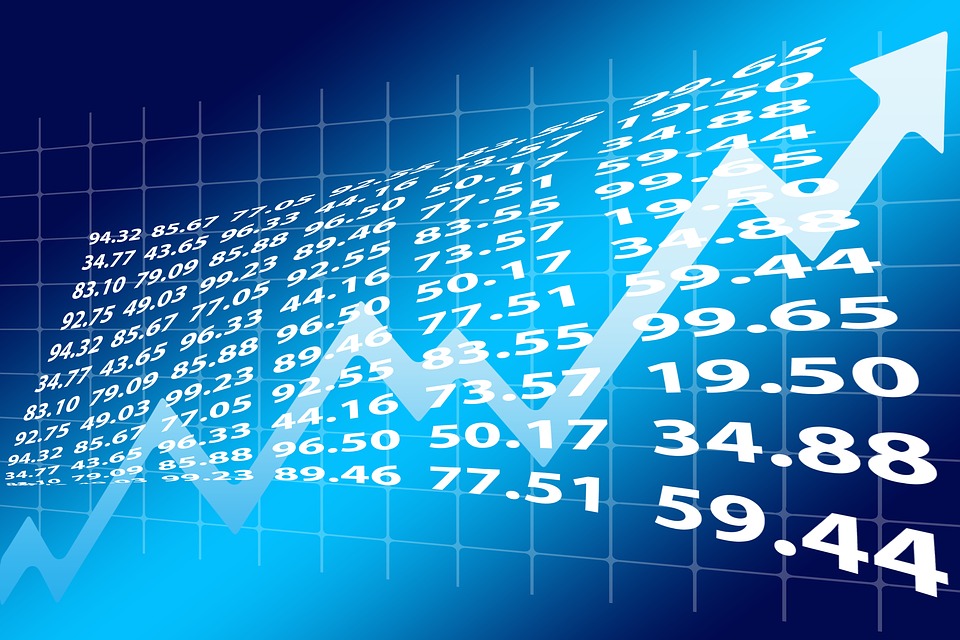GLOBAL MARKETS-World stocks up cautiously ahead of high stakes Fed decision
The U.S. central bank is expected to raise rates by 25 basis points (bps) in a decision that will land amid a brewing political storm over Fed oversight of collapsed Silicon Valley Bank and with the financial world hanging on the words of Fed chief Jerome Powell about how he navigates market turmoil. Data showing British inflation unexpectedly rose to 10.4% in February meanwhile lifted expectations for a quarter point rate hike at Thursday's Bank of England meeting, boosting sterling.

World stocks rose to their highest level in almost two weeks on Wednesday, although cautious optimism that a banking crisis would be averted was tempered by uncertainty ahead of a high-stakes Federal Reserve meeting. The U.S. central bank is expected to raise rates by 25 basis points (bps) in a decision that will land amid a brewing political storm over Fed oversight of collapsed Silicon Valley Bank and with the financial world hanging on the words of Fed chief Jerome Powell about how he navigates market turmoil.
Data showing British inflation unexpectedly rose to 10.4% in February meanwhile lifted expectations for a quarter point rate hike at Thursday's Bank of England meeting, boosting sterling. U.S. stock futures nudged higher, reversing earlier falls, European stock markets were higher and Asia-Pacific shares outside Japan added 1.3%.
Japan's Nikkei climbed 1.9% led by a rebound in beaten-down bank stocks. This all left MSCI's World Stock Index up a third of a percent, having touched its highest in almost two weeks.
Efforts by regulators and policymakers globally to counter banking sector turmoil have helped stem a rout in equity markets and now focus on was the Fed to give markets further reason for a recovery. "It is very tricky for them," said Francois Savary, chief investment officer at Prime Partners, referring to Fed policymakers.
"Either they do nothing and say they are still in the process of hiking rates because of inflation or they do 25 bps and say they don't see the financial situation as putting the economy at risk but we will assess the impact." QT AND DOT PLOTS
An added complication is whether the Fed temporarily stops selling its holdings of Treasury debt, known as quantitative tightening, and what Fed members do with their dot plot forecasts for future rate hikes. Having even priced in the risk of a rate cut last week, futures now imply an 86% chance of a quarter-point rise to 4.75%-5.0%. A couple of weeks ago the market had been wagering on a half-point hike.
Bond investors will be hoping Powell can instil some calm given the wild volatility of recent days. Two-year Treasury yields were last down about 6 basis points on the day at 4.11%, having made a remarkable round-trip from 5.085% to 3.635% in just nine sessions. European bonds have gone along for the ride. German two-year yields overnight recording the biggest daily jump since 2008 as markets went back to pricing in more ECB hikes.
The euro meanwhile touched a fresh five-week high at $1.0800 , benefiting from renewed rate-hike bets, while sterling rose 0.5% to $1.2274 after the British inflation data. The dollar index was a touch softer, while the dollar firmed against the yen to 132.97 .
HOT SPOTS Markets, unnerved by banking sector turmoil, remained alert to signs of stress elsewhere.
The upheaval sparked by the collapse of Silicon Valley Bank is not yet over, and a significant number of banks will fail within two years, hedge fund Man Group CEO Luke Ellis said at a conference in London on Wednesday. "I think we will have significantly more banks that don't exist in 12-24 months," Ellis said, adding that he thought smaller and regional banks in the United States and challenger banks in Britain could be at risk.
First Republic Bank was also in focus after efforts to secure a capital infusion continued without success on Tuesday. "The banking crisis is creating tighter credit conditions, and if you tighten conditions you weaken economic activity which puts more pressure on the banking sector," said Savary at Prime Partners. "I don't consider the banking crisis is over."
Elsewhere, oil prices eased with Brent crude down 39 cents to $74.93 a barrel, while U.S. crude fell 34 cents to $69.33.
(This story has not been edited by Devdiscourse staff and is auto-generated from a syndicated feed.)










